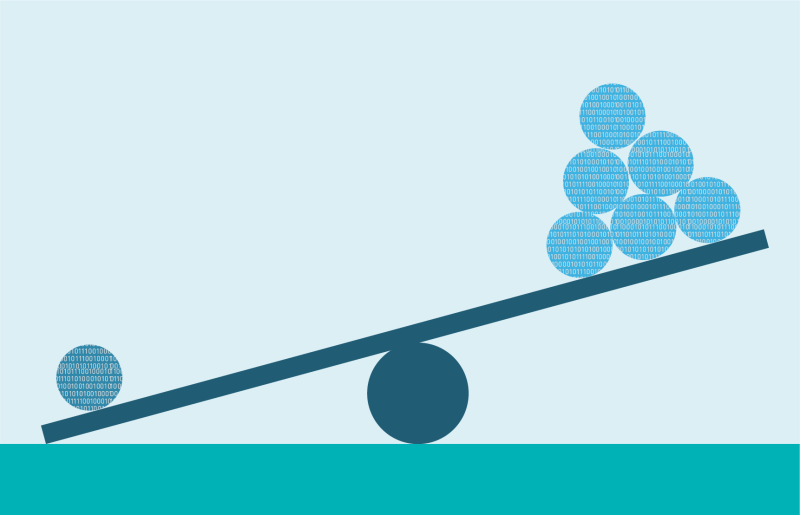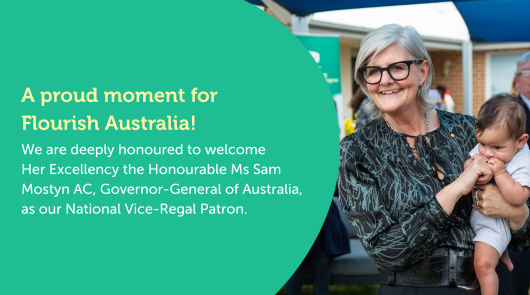
A Federal Government discussion paper says regional Australians and those in the nation’s lowest socio-economic groups are being left behind by the mental health system.
And it says almost 70 per cent of those receiving psychology treatment are paying out-of-pocket for government-subsidised services.
The discussion paper was prepared ahead of a meeting between mental health stakeholders and Health Minister Mark Butler in Canberra next week to discuss a system plagued by workforce shortages and access issues.
As reported by the Sydney Morning Herald, the discussion paper admits the Government’s Better Access program for mental health treatment has been “serving some groups better than others”, with many missing out.
More than half of those with a mental health disorder with symptoms that lasted 12 months or more were not getting professional help, while waiting times for services and patient gap fees blew out, largely due to critical workforce shortages, the papers says.
The paper says mental-health patients were forced to pay a gap fee for 69 per cent of government-subsidised psychology services in 2022, compared to 53 per cent in 2018.
It says cost is the biggest barrier to treatment, with a median out-of-pocket price of $90 in the first half of last year, up from $74 in 2018.
And people are waiting longer, with the median waiting time between a person receiving a mental health plan and attending their first session increasing from 18 days in 2018 to 22 days in 2021.
For those who did access treatment through the Better Access program last year, services were also unevenly spread.
Sixty per cent of the areas with the greatest uptake were areas of high socio-economic advantage, while two-thirds of the areas with the lowest levels of use were composed of Australians from the bottom socio-economic bracket.
Mr Butler admitted recently that the Better Access system, introduced almost 20 years ago to accommodate people with mild mental health needs, is not well-designed to cater to complex conditions.
“We’ll be having a good discussion about how we improve the equity of this program,” he said.
“This is a good program, where it is received. But … it is not a program that delivers services in an equitable way.”
Talk to us today
For more information, contact us on 1300 779 270 or make an enquiry now.


